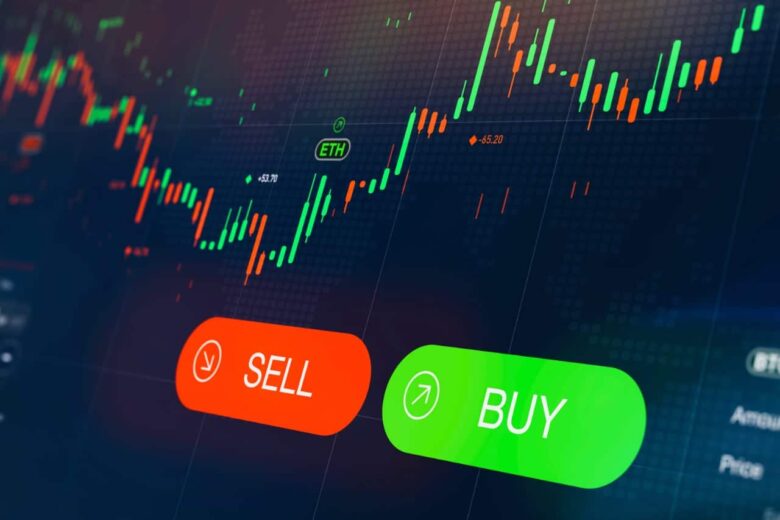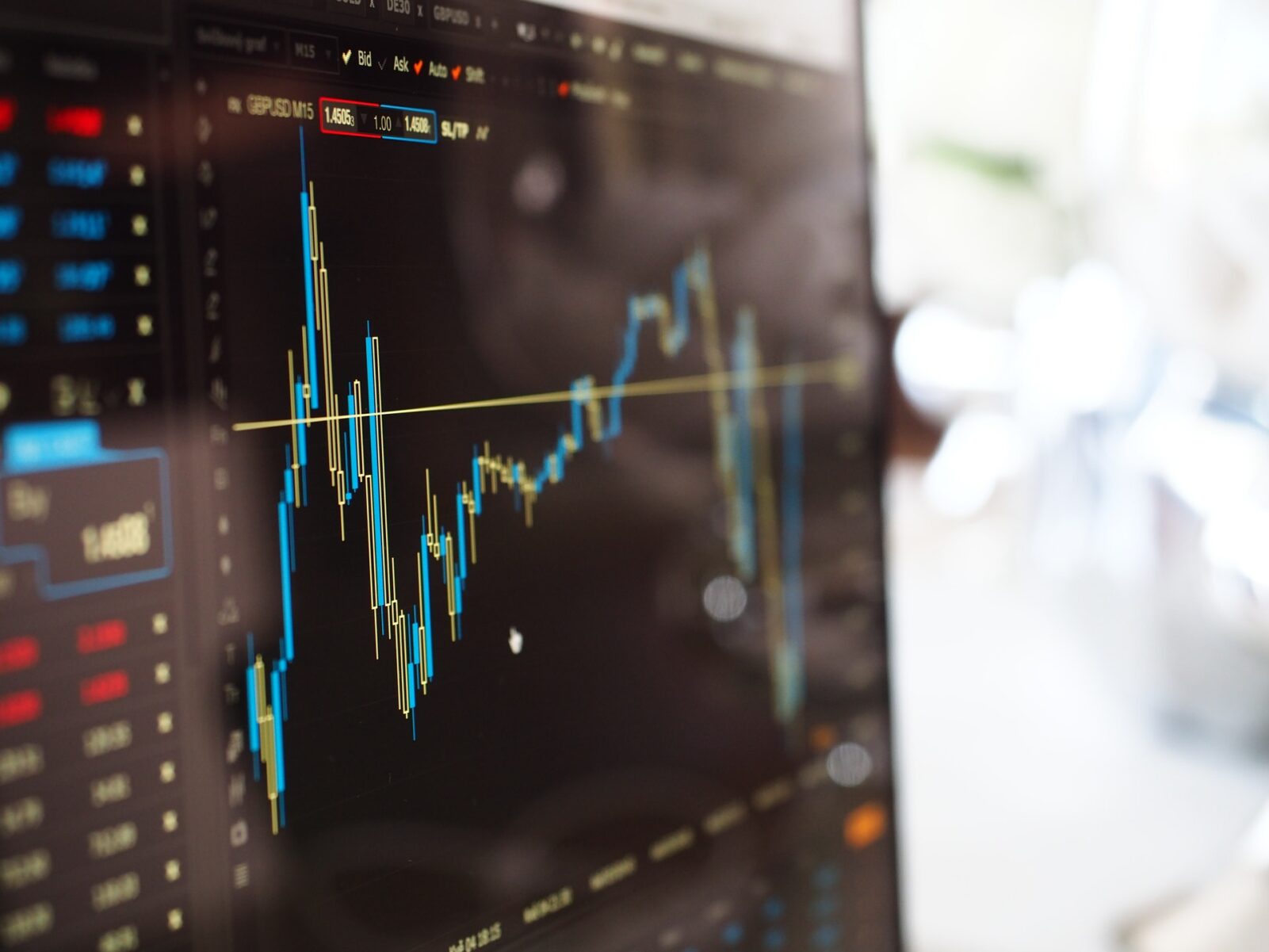Home › Business › Trading
8 Tips on How To Find The Ideal Broker For Trading
Published on:
In the last 2-3 years, interest in retail trading rose significantly. Due to the ease of use for some new mobile platforms such as Robinhood and the notoriety of the Reddit wall street bets group, more and more new traders are starting to open accounts and trade financial markets actively.
Cryptocurrencies are another asset that raised the popularity of brokers and trading platforms. There are numerous brokers and platforms that traders and investors can choose from – but how do you find the broker and platform that best suits your needs?
1. Understand your objectives

Are you a trader or an investor? This is the first question that you should ask yourself. Traders speculate on short-term market movements and often use leverage (essentially borrowing funds) to maximize their gains. Leverage though can also magnify losses, so caution is needed when you use it.
Investors are buying assets and holding them long-term.
Some brokers and platforms are more suitable for traders than investors. For example, trading CFDs, futures, and other derivatives is typically something that traders utilize. These types of investment products are high risk, and participants trade in contracts, without owning the actual underlying asset.
Investors on the other hand look for platforms that allow them to buy shares and ETFs that they can hold long term. More recently cryptocurrencies as well.
If you have figured out that your objectives match these of a trader, let’s, see what else you should consider.
2. Reputation, Experience, and Regulation

Consider brokers who are regulated by major regulators. Client money are kept separate from the firm’s funds by FCA-regulated brokers. Good jurisdictions usually have some sort of protection for clients in place if a broker becomes insolvent.
When it comes to experience, consider how long has the broker been in operation and whether they are well-known in the sector and among traders.
3. Which markets do they offer?
Consider which markets and symbols are you going to trade. Very few brokers offer access to all types of markets, so looking for ones that offer what you need is essential. Make up your mind before opening the brokerage account, as it could be very disappointing to open an account with a broker, only to find out that they don’t offer what you need.
4. What platforms do they offer?

The industry standard Metatrader 4 and Metatrader 5 platforms are available from most brokerage firms. TradingView, NinjaTrader and a few other 3rd party platforms may also be available at brokerages. Some even provide platforms that are exclusive to them. It’s crucial to consider whether the platform is simple to learn and whether it’s available on a desktop, mobile device, or web browser. In case you want to do algorithmic trading, you need to consider whether the broker offers API trading.
5. Educational Materials and Tools
Check to see whether the broker has instructional resources for traders of all ability levels. Some brokers offer market analysis as a service to help traders find trading opportunities. They also provide webinars where' novice traders may learn how to trade. Other tools, such as analyst reports, signal services, and other comparable services, are also available.
6. Customer Experience

Is customer service accessible twenty-four hours a day, seven days a week or twenty-four hours a day, five days a week? Is it possible to contact them via phone, chat, or email? Some brokers provide personal account managers to their clients. Account managers can function as a point of contact for clients, fixing any issues and maintaining a pleasant relationship.
7. Trading Environment
The trading -environment is of big importance to a trader. A good broker can help you to maximize profits by offering lower spreads, overnight holding costs, and commissions. The type of -execution that they offer is also important for saving costs and increasing transparency.
The spread is the difference between the buy and sells price. It is one of the revenue streams for a broker, as they charge the spread. Having lower spreads means that you save money and pay less in trading costs.
Some brokers may offer accounts with super tight spreads – starting from 0 pips. Keep in mind that in most cases, there will be commissions involved for this account type. Therefore, when looking for a zero spread broker it’s also important to check the commission rates. Lower commissions and spreads lead to savings for you as a trader.
Overnight rates are the fee that you pay or receive, depending on whether you bought or sold a particular market. These are usually paid only for leveraged trading and are based on interest rate differences between markets or currencies. There are limits to how low a broker can go in terms of these rates, and they change with time but finding the broker which offers the best overnight rates benefits your trading.
Execution types that brokers usually offer are Straight Through Processing (STP) or Market Maker. There are also providers which provide both.
The Straight Through Processing (STP) broker does not accept the opposing side of your deals, thus you can be less concerned about conflicts of interest.
Market makers on the other hand often have lower minimum deposit and trading size limitations. They can provide significantly narrower spreads than the underlying market. For FX, some of them can even provide spreads as low as 0. However, market makers take the opposite side of your trade, meaning that if you lose money goes out of your account into theirs and vice-versa. This raises concerns about conflict of interest.
All of that being said most of the big brokers offer both STP and Market Maker -execution. It’s up to their discretion to decide whether your account will be on one or the other.
8. What are the funding options available to traders?

Most brokers allow funding your trading account via credit or debit card and bank transfer. In case you want to fund via Paypal, or even crypto, you need to look for a brokerage that offers these methods.
Conclusion
Finding a brokerage that fulfills all your trading needs can be a challenging task. As we saw there are a lot of factors to consider – from your own objectives as an investor to particularities such as reputation, markets, platforms, spreads, -execution and funding methods offered.
Share With Your Friends

